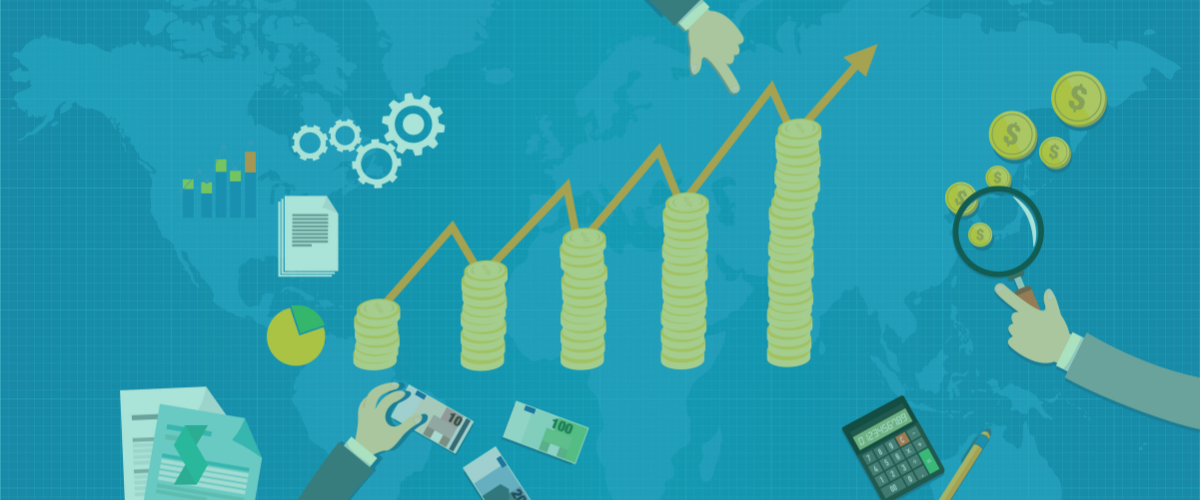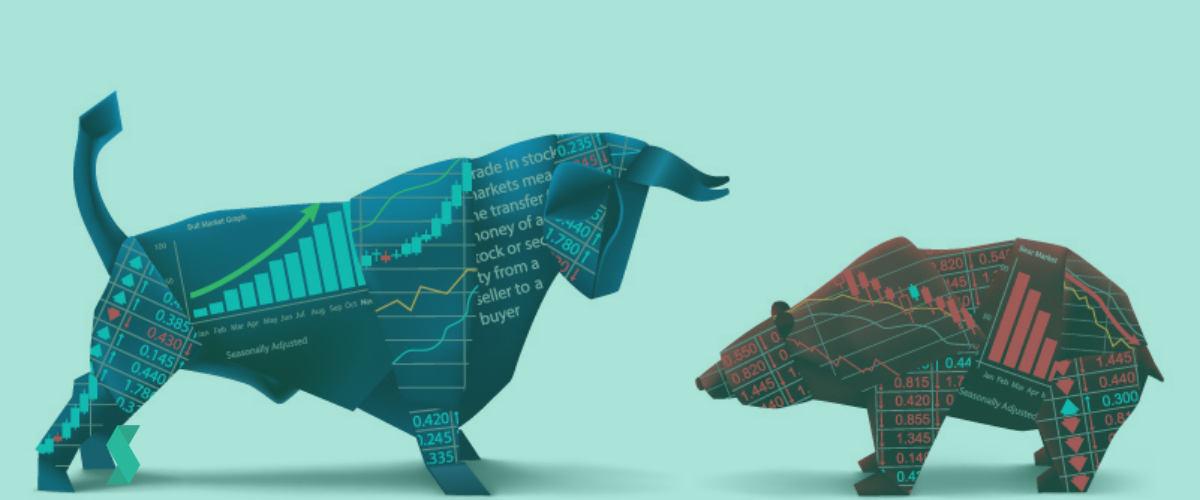:max_bytes(150000):strip_icc():format(webp)/forex_170886048-5bfc2b2a46e0fb005119a058.jpg)
On August 11, 2015, the People’s Bank of China (PBOC) surprised markets with three consecutive devaluations of the Chinese yuan renminbi (CNY), knocking over 3% off its value. Since 2005, China's currency had appreciated 33% against the U.S. dollar.
The first devaluation marked the most significant single drop in 20 years. The move was unexpected, and many believed it was a desperate attempt by China to boost exports in support of an economy that was growing at its slowest rate in decades. However, the PBOC claimed that the devaluation was part of its reforms to move toward a more market-oriented economy. The move had substantial repercussions worldwide.
:max_bytes(150000):strip_icc():format(webp)/GettyImages-555367139-56a27e0d3df78cf77276a929.jpg)
:max_bytes(150000):strip_icc():format(webp)/GettyImages-948779084-3c9d55e2667f44eab22744a7406ffeb0.jpg)
:max_bytes(150000):strip_icc():format(webp)/gold_461188561-5bfc3763c9e77c0026336e1e.jpg)
:max_bytes(150000):strip_icc():format(webp)/full-frame-of-a-one-dollar-bill-in-us-currency-973334656-04ced81c0014417691c204084d03d4ab.jpg)
 More and more young people, especially men, are buying cryptocurrencies. Here we have some advice, without judgment or scolding.
More and more young people, especially men, are buying cryptocurrencies. Here we have some advice, without judgment or scolding.

